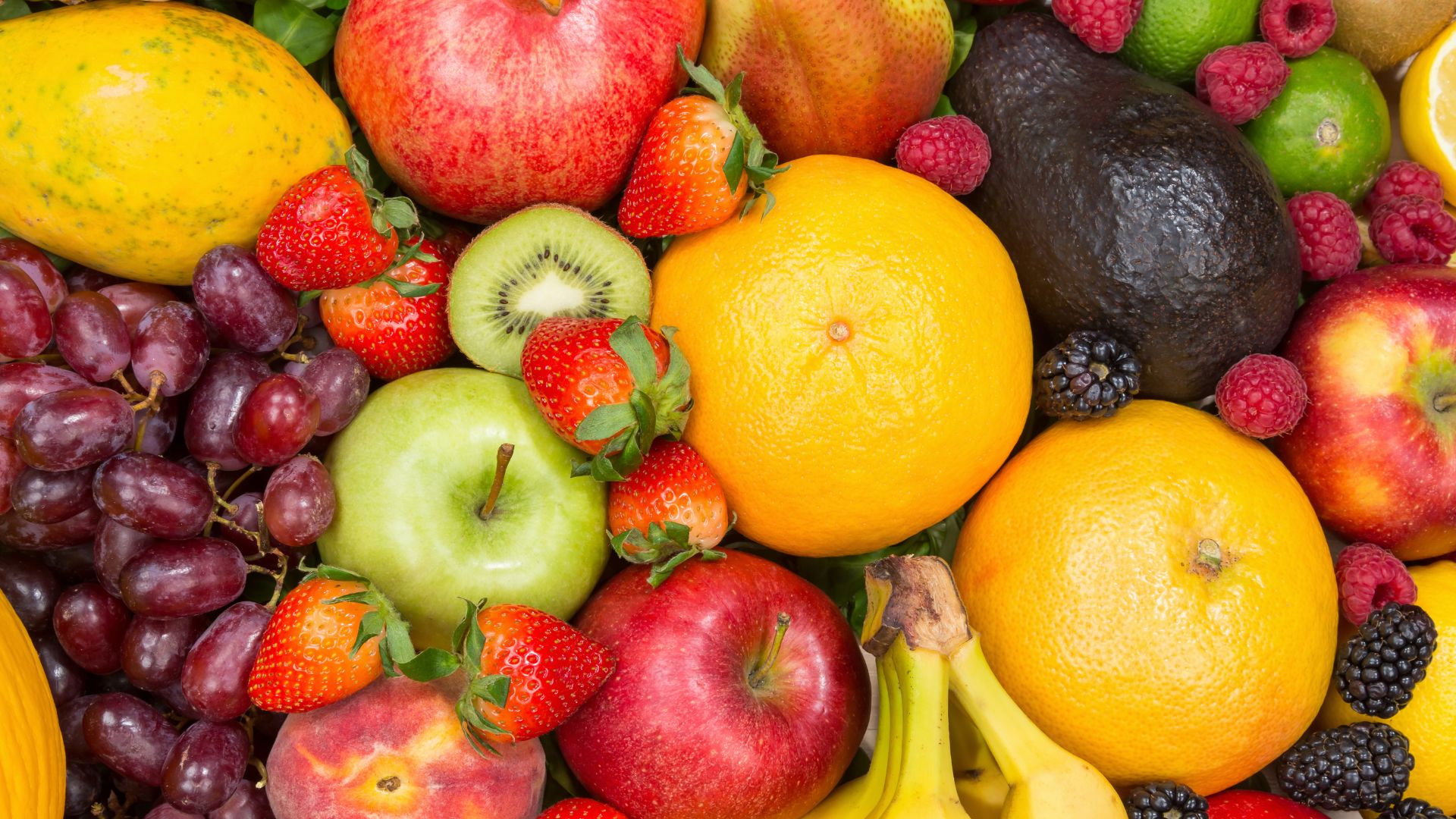Pancreatitis can make eating a real challenge. The pain, bloating, and discomfort are no joke. You might be wondering: “What can I eat without making things worse?” If you’re struggling, don’t worry. You can eat fruits for pancreatitis!
It’s true. Certain fruits are packed with nutrients that soothe the pancreas, reduce inflammation, and support digestion. So, which ones should you eat? That’s exactly what I’m discussing in detail here. Stick with me, and you’ll discover the best fruits to include in your diet and simple ways to make them part of your daily routine. Let’s start!
Fruits for Pancreatitis
Pancreatitis is when the pancreas gets inflamed, making digestion painful and difficult. Eating the right foods can help manage symptoms and promote healing. Fruits are great because they are packed with nutrients that support digestion and reduce inflammation.
But not all fruits are equal—some are better for a pancreatitis diet than others. Let’s talk about the best ones:
Red Berries
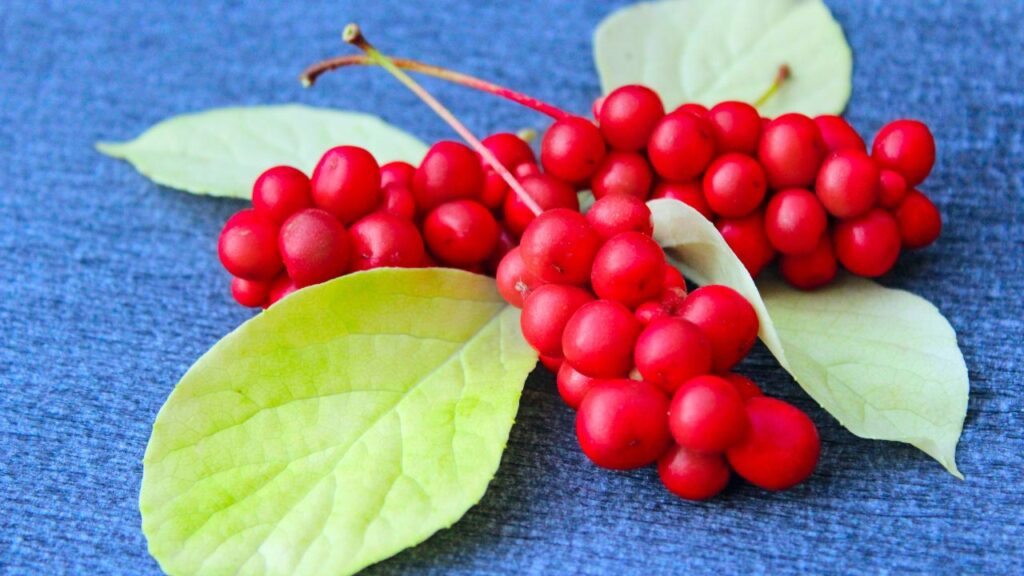
Red berries, like strawberries, raspberries, and cranberries, are some of the best foods you can eat if you have pancreatitis. Why? It’s because they are antioxidant-rich foods, which help reduce inflammation to protect your pancreas. Plus, when you eat these berries, your symptoms improve because they are easy to digest and provide important nutrients like vitamins and fiber.
If you have an increased risk of pancreatitis due to conditions like gallstones, red berries can be a great addition to your diet. They are naturally low in sugar and high in fiber, which helps balance blood sugar levels and supports better digestion. Plus, fiber can help maintain a healthy body weight, reducing stress on the pancreas.
There’s more. One of the biggest benefits of red berries is that they support insulin function. The pancreas plays a key role in producing insulin, and eating foods that support this function can prevent further complications.
On top of that, since berries have a low glycemic index, they don’t cause major spikes in blood sugar, making them safe for those managing diabetes or pancreatitis. You can include red berries in smoothies, oatmeal, or yogurt with whole grains for a healthy breakfast. They are recommended because they are easy on the small intestine.
Quick hack: Pairing berries with protein sources like Greek yogurt can make diets even more balanced and satisfying.
Blueberries

Blueberries are another excellent fruit for pancreatitis. They help the pancreas in two ways:
- By reducing stress
- By improving digestion.
Let me explain. These small berries contain digestive enzymes that make it easier for your body to break down food, putting less strain on the pancreas. Plus, if you struggle with high triglycerides, blueberries can help lower these fat levels in the blood, improving overall health.
There’s more. One key nutrient found in blueberries is folic acid, which is essential for cell growth and repair. When dealing with pancreatitis, your body needs extra support to heal, and getting enough folic acid can speed up recovery. On top of that, blueberries support a balanced diet by working well with vegetables and other healthy foods.
People with pancreatitis often wonder about the best and worst foods to eat. While fried and processed foods should be avoided, fresh fruits like blueberries can be a great option. They are high in fiber, which helps with digestion and prevents discomfort. Unlike red meat, which can be hard to process, blueberries are gentle on the digestive system.
A great way to eat blueberries is by adding them to oatmeal, smoothies, or even snacking on them fresh. They also work well in combination with nuts for an added boost of nutrients. While some other methods of eating fruit might not be ideal for pancreatitis (like juices with added sugar), fresh blueberries are always a good choice.
Grapes

Grapes are a hydrating and nutritious fruit that can benefit people with pancreatitis. They contain antioxidants, like Resveratrol that may reduce pancreatic cancer risk by protecting cells from damage.
But what if you are looking for protein sources? In this case, it’s best to choose lean meats over processed meat and pair them with fruits and vegetables like grapes. Grapes are naturally low in fat and can be a great alternative to fat foods that might trigger symptoms.
Important Note: When following a pancreatitis-friendly diet, avoiding certain foods like fried items is crucial. Instead, opt for fiber-rich grains and fresh grapes. They make it easier to stay hydrated, which is important for managing abdominal pain and preventing flare-ups.
Furthermore, if you’re undergoing treatment or consulting a healthcare provider for pancreatitis, grapes are a safe option. However, avoid consuming them with alcohol, as this can worsen symptoms. Fresh grapes or grape smoothies can be refreshing snacks that won’t put stress on your pancreas.
Pomegranates
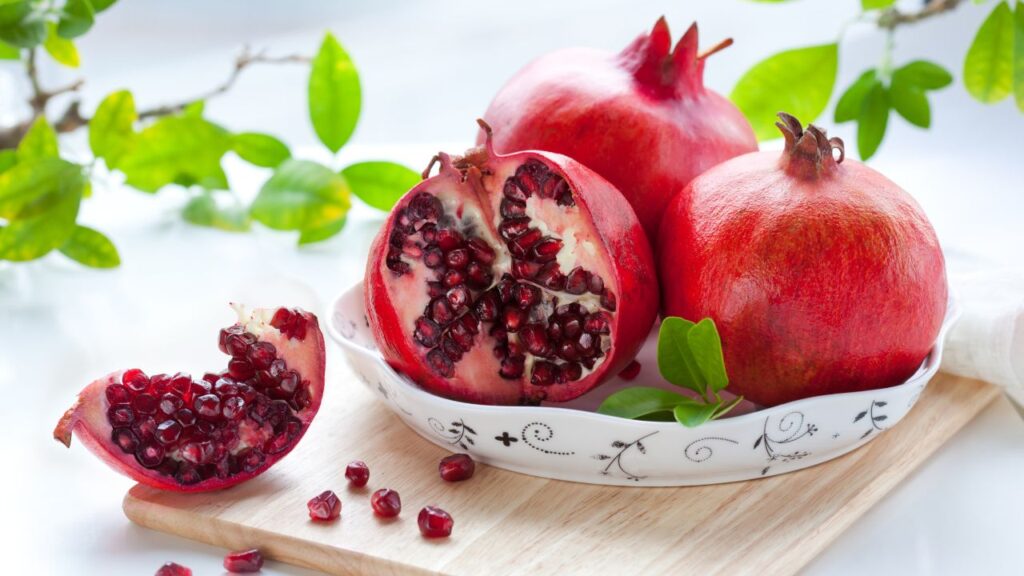
Pomegranates are known for their powerful healing properties. Research suggests that they can help reduce chronic pancreatitis pain and support overall digestive health. Since pancreatitis can cause discomfort and even a pancreatitis attack, eating foods that are easy on the stomach is key.
One common issue for acute pancreatitis patients is consuming high-fat foods, including french fries and other fried snacks. These are among the worst foods for your pancreas because they can increase triglyceride levels and make digestion harder. Pomegranates, on the other hand, are rich in antioxidants and promote healing.
If you’ve been told by your doctor to follow a low-fat diet, pomegranates are a great choice. They are naturally free from saturated fats and butter, making them a safe fruit to enjoy. They also work well with other soft foods, like smoothies or blended yogurts, for easier digestion.
For those avoiding white bread and refined carbohydrates, pomegranates can provide natural sweetness without causing sugar spikes. Their anti-inflammatory properties also help with long-term pancreas health, reducing the risk of further complications.
Avocado
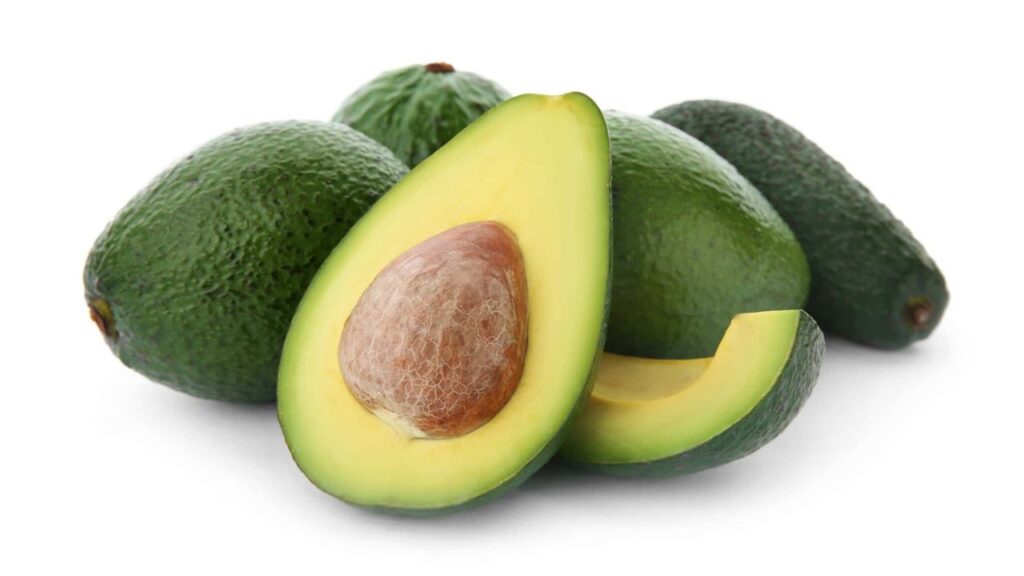
Avocados are unique because they contain healthy fats that are good for your pancreas. Unlike unhealthy fatty foods, avocados provide essential nutrients without causing inflammation. They can be especially helpful for those dealing with severe chronic pancreatitis or recovering from acute pancreatitis.
Quick hack: Eating avocados with tomato-based sauces and vegetables can create a balanced diet that supports digestion. Since avocados are rich in protein and dietary fiber, they make meals more satisfying. Including them in your diet can also prevent nutrient deficiencies.
Many people with pancreatitis experience diarrhea when eating fat-rich foods, but avocados are different. Their healthy fat content is easier to digest, making them a good alternative to butter or unhealthy oils. If you want to boost your intake of healthy fats, avocados are a great choice.
You can eat avocados in salads, on whole-grain toast, or with red meat alternatives like grilled chicken. They pair well with other foods that are good for digestion, making them an easy addition to a pancreatitis-friendly diet. If you have gallstones, avoiding processed fats and choosing avocados instead can help manage symptoms.
Bananas
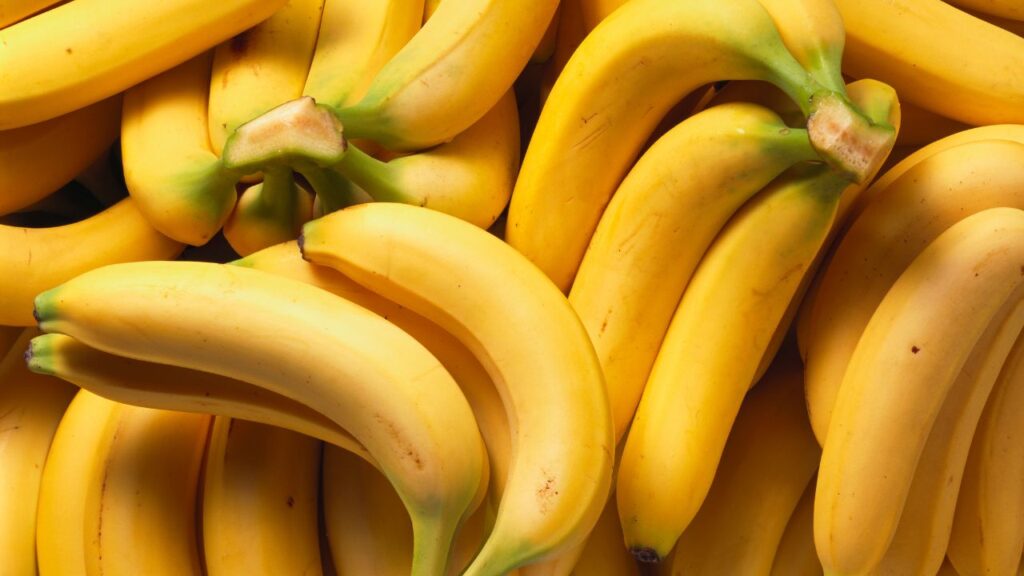
Bananas are one of the best foods for pancreatitis. Why? It’s because they are easy to digest and packed with nutrients. Unlike processed snacks that contain sugar, bananas provide natural sweetness without harming your pancreas. They also help reduce pancreatic cancer risk by supplying antioxidants and fiber.
If you’re undergoing treatment or consulting a healthcare provider, bananas are often recommended because they don’t irritate the stomach. Unlike processed meat or full-fat dairy, which are difficult to digest, bananas are gentle on the body and help with inflammation.
Pro tip: Eating bananas with leafy vegetables or as part of a low-fat diet can make a big difference in managing pancreatitis. You can also eat them with sweet potatoes, nuts, or whole grains for better nutrition.
To avoid complications, limit alcohol consumption and fried foods. Instead, enjoy bananas with fruits and vegetables, whole grains, and plant-based protein sources. They are a great way to maintain proper fiber intake while keeping meals easy to digest.
Oranges
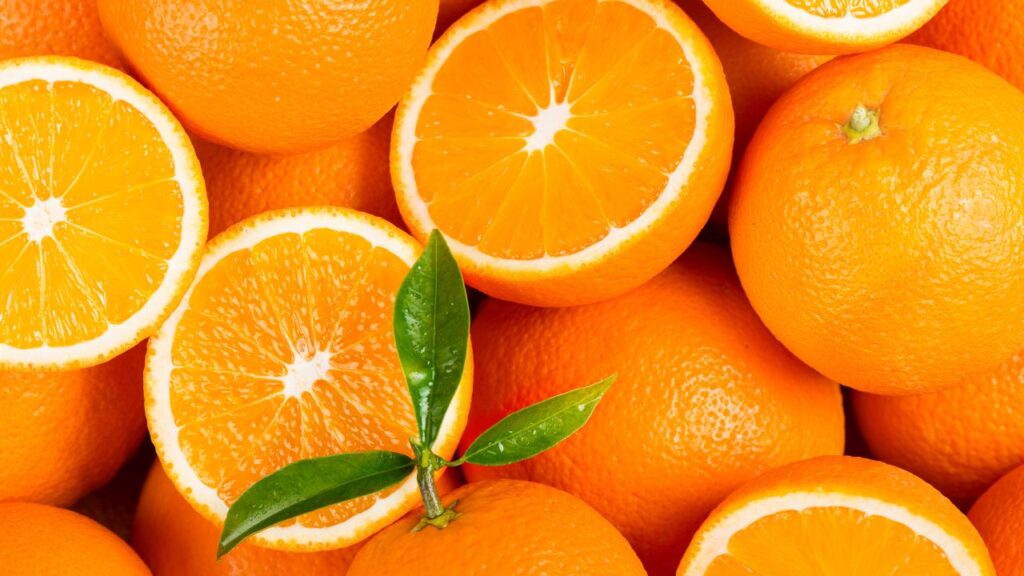
Oranges are refreshing and full of vitamin C, which is great for severe chronic pancreatitis. Since one of the most common causes of pancreatitis is poor diet, adding oranges can help support recovery. Plus, eating them as part of balanced meals can help maintain a healthy weight while reducing risk factors for complications.
Other ways to support pancreas health include staying hydrated and consulting a doctor for personalized advice. Oranges provide energy without added sugar, making them a safe fruit for those managing symptoms.
Important Note: Since pancreatitis can lead to issues like diabetes, eating fruits like oranges in moderation is important. That’s all.
Conclusion
Managing acute pancreatitis isn’t just about avoiding bad foods—it’s also about eating the right ones. The right fruits can ease symptoms, promote healing, and give your body the nutrients it needs. Red berries, blueberries, and bananas are excellent. You can also go for water-rich fruits like grapes and oranges if you like their taste.
Easy, right? Start adding these healthy fruits to your meals, and give your pancreas the care it deserves!

